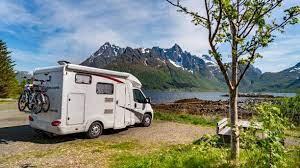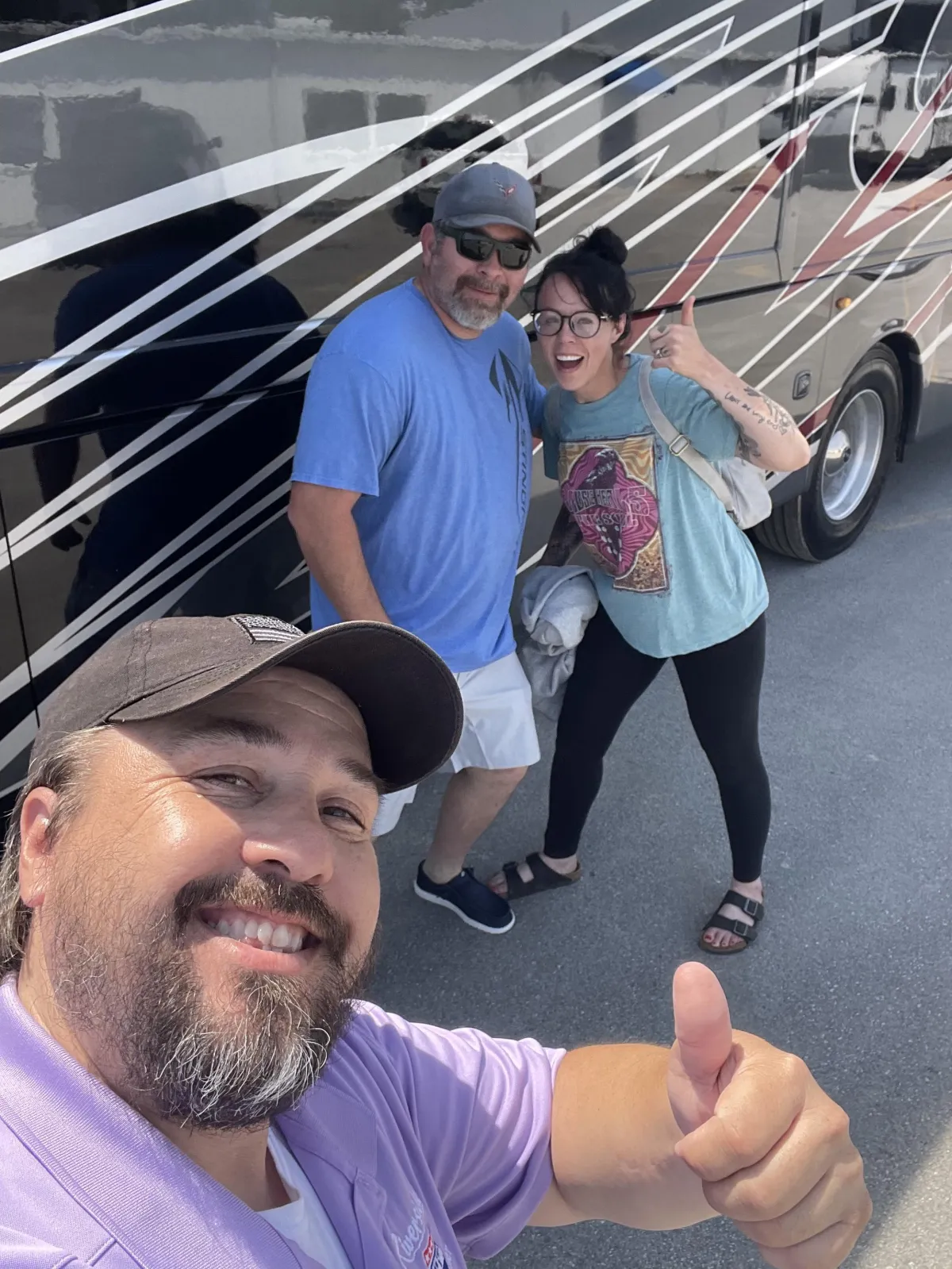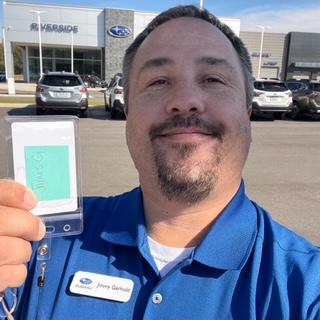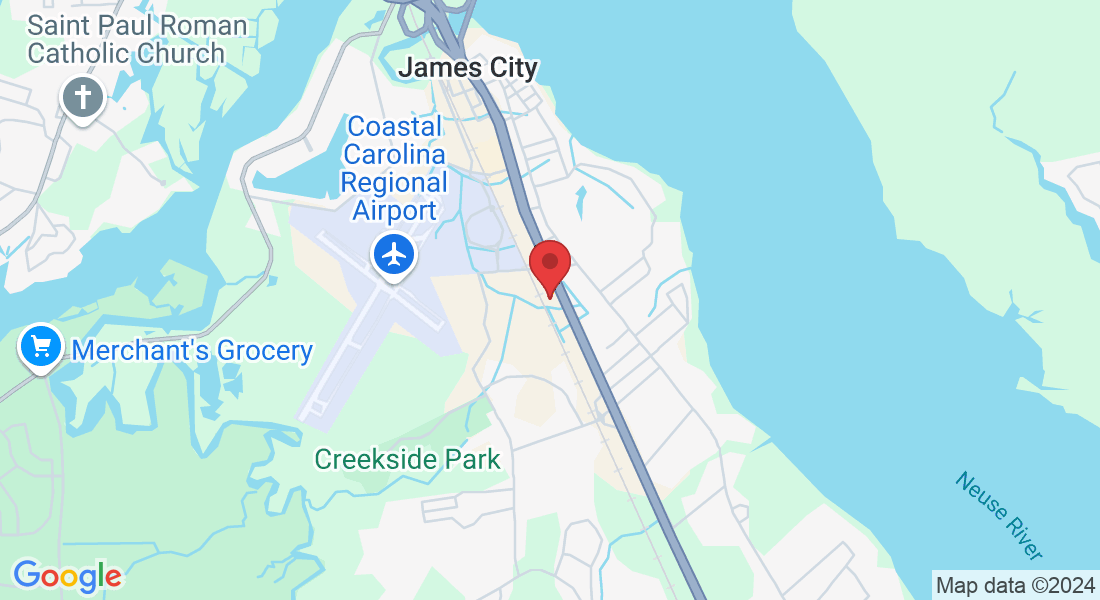

The Ultimate RV Buyer’s Guide: What to Know Before You Buy
Adventure awaits where the road leads—find the perfect RV to unlock your journey.
The Ultimate RV Buyer’s Guide: What to Know Before You Buy

Hey there, it’s Jimmy, and if you're reading this, you’re probably thinking about making one of the best decisions for adventure and freedom—buying an RV! Whether you're a weekend warrior looking for quick getaways or dreaming of hitting the road full-time, there are some key things you need to know before you make that big purchase. So, let’s break it all down so you can feel confident and excited about your RV-buying journey.
1. Know Your RV Types
RVs come in a variety of shapes and sizes, and it's important to know which one fits your lifestyle. Here are the main types you’ll be looking at:
Class A Motorhomes: These are the big rigs, offering lots of space and luxury. Think of them as rolling houses with all the comforts you could need. Perfect for full-timers or those who want space to spread out.

Class B Motorhomes (Camper Vans): These are more compact, easier to drive, and ideal for weekend trips or small families. Great for those who want the freedom of travel without towing.

Class C Motorhomes: A happy medium between Class A and B. They offer more space than a Class B but are more maneuverable than a Class A.

Travel Trailers: These are towable RVs that come in a variety of sizes. The big advantage here is that you can detach your vehicle and explore once you've parked the trailer.

Fifth Wheels: A larger towable option that requires a truck with a special hitch. Fifth wheels often have multiple levels and feel more like a home on wheels.

Choosing the right type depends on how much space you need, where you plan to take your RV, and what you’ll be towing (if anything).
2. Size Matters
Size is a huge factor in your RV purchase, and it's not just about how many people you need to fit. Larger RVs offer more space, but they can be harder to maneuver, especially in tight campsites or busy national parks. Smaller RVs might be easier to drive and park, but you’ll have less room for storage and living space.
Think about where you'll be using your RV the most. If you love visiting state parks with smaller campsites, a more compact RV could be your best bet. If you’re planning on long road trips or full-time RVing, you might want to opt for something larger.
3. Set Your Budget
The price of an RV can range from $10,000 for a used travel trailer to over $500,000 for a fully decked-out luxury motorhome. Setting a budget early on will help narrow your choices and keep you from falling in love with an RV that’s out of your price range.
Remember to factor in other costs beyond the sticker price. You’ll need to consider things like insurance, maintenance, repairs, fuel, and the cost of camping or RV parks. If you’re going with a towable RV, you’ll also need to account for the vehicle you’ll be using to tow it.
4. Must-Have Features
When it comes to features, it’s easy to get overwhelmed with all the options. Here are a few must-haves to keep an eye on:
Slide-outs: These expand your living space when you’re parked.
Good storage: Especially if you’re planning long trips, you’ll need ample storage for all your gear.
Kitchen size: If you enjoy cooking, pay attention to the kitchen layout and appliance sizes.
Bathroom setup: Not all RV bathrooms are created equal. Make sure you’re comfortable with the size and layout, especially if you’re planning on extended stays.
Heating and cooling: Climate control is key if you’re going to be using your RV in varying weather conditions.
Prioritize your non-negotiables and be willing to compromise on the things that aren’t deal-breakers.
5. New vs. Used
One of the big questions you'll face is whether to go new or used. Both options have their pros and cons:
New RVs: If you want something in perfect condition with the latest technology and a warranty, a new RV is a great option. However, you’ll pay a premium for being the first owner, and just like with cars, new RVs depreciate as soon as you drive them off the lot.
Used RVs: If you’re budget-conscious, buying used can be a smart move. You can get more bang for your buck, but you’ll need to do your homework. Check for water damage, mechanical issues, and wear and tear that could lead to costly repairs down the road. A pre-purchase inspection by a trusted mechanic or RV technician is a must!
6. Test It Out
Before you commit, I always recommend renting an RV similar to the one you’re thinking about buying. Spend a weekend in it and see how it feels. Does it meet your expectations for space, convenience, and comfort? This will help you avoid buyer's remorse and get a clearer sense of what works for you.
7. Plan for Storage
One thing people often overlook is where they’ll keep their RV when they’re not using it. Some homeowners' associations (HOAs) don’t allow RV parking, and storing it off-site at a storage facility can add extra costs. Make sure you have a plan in place for storage to avoid any headaches.
Final Thoughts
Buying an RV is a big decision, but it’s also an incredibly exciting one. The freedom to travel wherever you want, whenever you want, is unbeatable. Just make sure to do your research, plan for your needs, and take your time finding the right RV for your adventures.
If you have any questions or need help finding the perfect RV, I’m here to help! Let’s get you on the road to your next adventure.
Safe travels,
Jimmy
Riverside Camping Center
Helping you find freedom on the open road
Ask for Jimmy!



